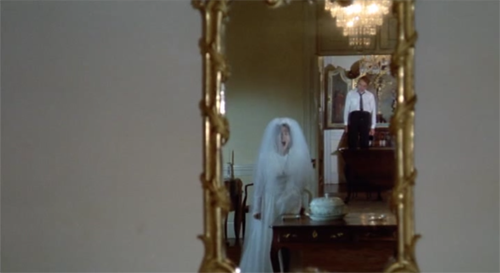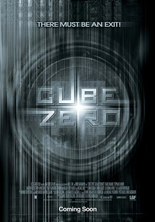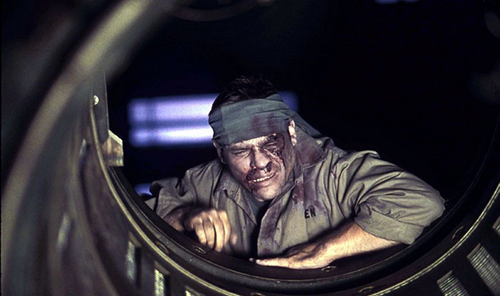
 When I met Dona Flor and Her Two Husbands, it was in the mature section of the video store. Surrounded by beaded curtains, the titillation of promised soft porn — “cable version,” the box exclaimed — just around the fuzzy corner to syrupy heaven and carnal self-pleasure.
When I met Dona Flor and Her Two Husbands, it was in the mature section of the video store. Surrounded by beaded curtains, the titillation of promised soft porn — “cable version,” the box exclaimed — just around the fuzzy corner to syrupy heaven and carnal self-pleasure.
Instead, it was a Brazilian art film about the dual nature a woman goes though channeling love and lust. I was thoroughly pissed. But now, some 25 years after I first saw it, I have viewed Dona Flor with new eyes.
After a night of hard partying, Vadinho (José Wilker) dies. His widow, the titular Flor (Sônia Braga), brings new meaning to long-suffering; during their marriage, he went from cockfighting and gambling to countless affairs and wife-beating, as one does.
Flor goes on with her life. She meets and marries Teodoro (Mauro Mendonça), a pharmacist she believes is a good man, but also a boring one. It’s okay, though; Vadinho’s ghostly visage is fine with performing all his late-husbandly duties — all sexual, of course. I guess Teodoro does, too.
While I originally thought this was tale about a new wife and the trials and titrations about marriage, it’s actually a sexy wish-fulfillment fantasy, with Braga’s Flor being the sultry object of South American desire. It’s concerning that she puts up with Vadinho’s abuse, but I guess she makes peace with it, because Flor gives both men a kiss goodnight, even if one’s a ghost.
Dona Flor was first remade in 1983 as Kiss Me Goodbye with Sally Field, James Caan and Jeff Bridges. The original’s sex appeal was monstrously gone, replaced with a brown swatch of neutered khaki fabric. —Louis Fowler



 As
As 

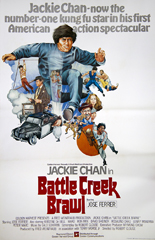
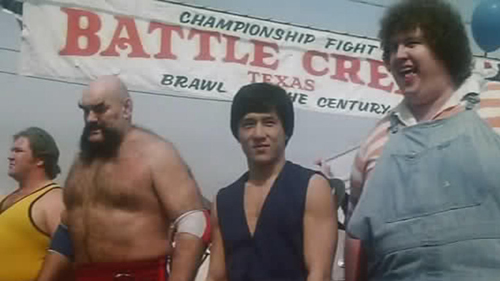

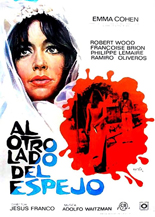 After announcing her engagement, the sheltered Ana (Emma Cohen,
After announcing her engagement, the sheltered Ana (Emma Cohen, 